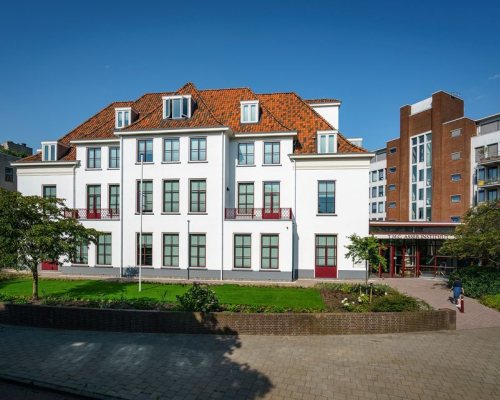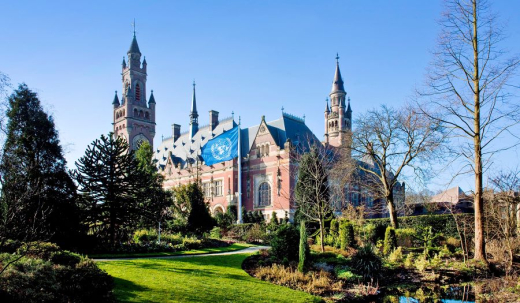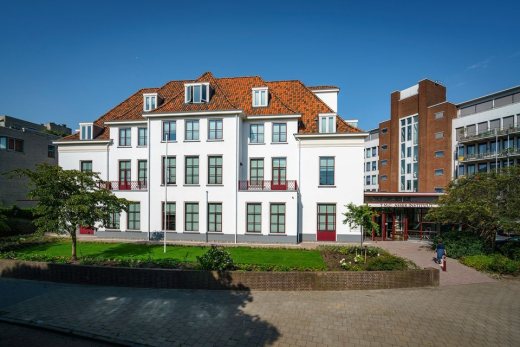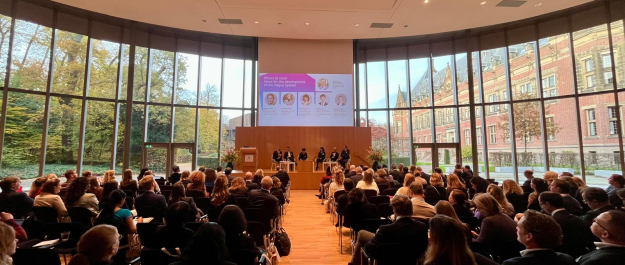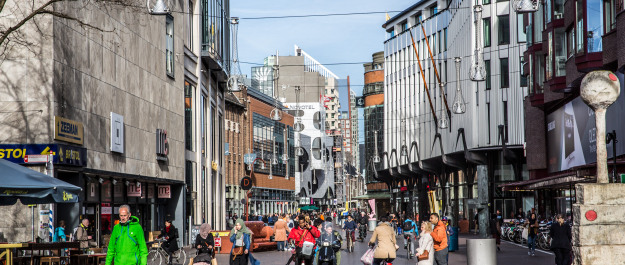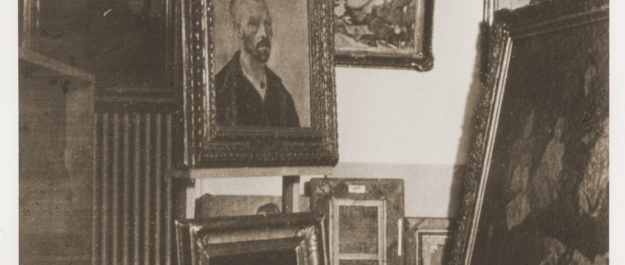It’s been more than a century since Tobias Asser convened the first Hague conference in 1899. This was one of the reasons that earned him the Nobel peace prize, and since then The Hague community of legal practitioners, researchers and thought leaders has grown, using international law to drive peace and avoid violent conflict. As a result, likeminded people from all over the globe have flocked to The Hague.
The International City of Peace and Justice now has one of the largest international legal communities in the world, with international tribunals such as the International Criminal Court (ICC) and the International Court of Justice, and many international organisations, NGOs and research institutes.
The Asser Institute as a hub for global scholarship
A prominent member of the international legal community in The Hague is the Asser Institute, research centre for international and European law. Visited by students, legal professionals, policy makers and legal scholars from across the globe, the institute plays an important role in promoting international law as a means for resolving conflict and pursuing accountability for international crimes. Dr. Christophe Paulussen, Senior Researcher at the Asser Institute and Associate Fellow Rule of Law Responses to Terrorism at the International Centre for Counter-Terrorism (ICCT) - The Hague:
“The scale and quality of the international legal ecosystem in The Hague has been quite effective in increasing the relevance and clout of international law.”
Since it was founded in 1965, the Asser Institute has benefitted from the growth of the international legal community. Because of its unique position in the international city of peace and justice, the institute is strongly connected to practitioners and legal experts from the Dutch ministries, embassies, NGOs, tribunals and organisations such as the ICC and Eurojust.
The interaction between research and practice is beneficial for both sides.
“Through our independent and critical knowledge and research capabilities, we can assist policy makers and other legal practitioners that are struggling with complex issues. But our interaction with the world of practice offers us, as researchers, a reality check, new research ideas, and an insight on how social impact can be achieved as well.”
MATRA-Ukraine and the Rule of Law
An example of research and practice working together is the MATRA-Ukraine project. Since 2020, the Asser Institute, together with the NGO Global Rights Compliance, has been assisting the Ukrainian authorities to investigate, prosecute and adjudicate international crimes. According to project leader Christophe Paulussen, the Dutch government’s financial support of the MATRA-Ukraine project is a perfect example of its constitutional obligation to “promote the development of the international legal order” as enshrined in Article 90 of the Dutch Constitution.
Over the years, the Asser Institute has initiated and helped establish institutions with specific areas of legal expertise. Together with the Clingendael Institute and Leiden University, it founded the International Center for Counter-Terrorism – The Hague (ICCT), a now independent think-and-do tank to help support better counter-terrorism policies and practices worldwide. Recently, the Asser Institute and ICCT jointly launched a database on approaches to Foreign Terrorist Fighters (FTF), which includes country-specific data, research, policy, and legislation.
Another well-known project of the Asser Institute is the DILEMA (‘Designing International Law and Ethics into Military Artificial Intelligence’) project led by Senior Researcher Berenice Boutin. It explores interdisciplinary perspectives on military applications of artificial intelligence (AI), with a focus on legal, ethical, and technical approaches on safeguarding human agency over military AI.
In the mere two years of the project, the researchers have managed to establish a significant knowledge base and a high reputation internationally. The DILEMA project has helped put AI for military applications on the international agenda, recently releasing a statement with suggestions and recommendations to policy-makers at the international level on how to address the complex challenges of military artificial intelligence. Yet other Asser Institute projects focus on different areas such as art and international law as well as transnational sports law.
The T.M.C. Asser Instituut also provides postgraduate and executive education on international and European law. It actively disseminates its knowledge through publications, training programmes, conferences, and public events.
Together with other players in the legal community, the Asser Institute actively engages the Hague-based public on matters of peace and justice. Collaborations with the annual film festival Movies that Matter in The Hague, a photography project with the Koninklijke Academie voor Beeldende Kunsten (KABK), World Press Photo and The Hague Humanity Hub on the role of photography in human rights and the platform Just Peace are aimed at involving citizens of The Hague to help preserve peace and justice.
The institute’s inter-university character is also important, as it coordinates many (inter) national research networks, such as the Netherlands Network for Human Rights Research, and the International Humanitarian and Criminal Law Platform. The institute is most strongly connected to the University of Amsterdam, with which it signed a cooperation agreement in 2020 to enhance their collaboration in research and professional education.
